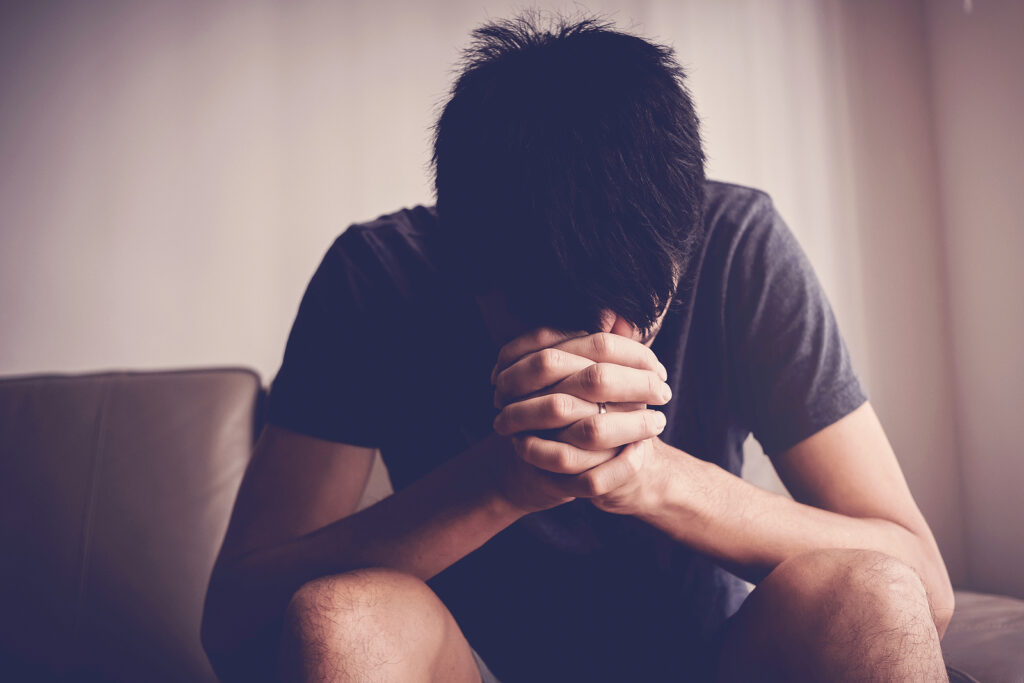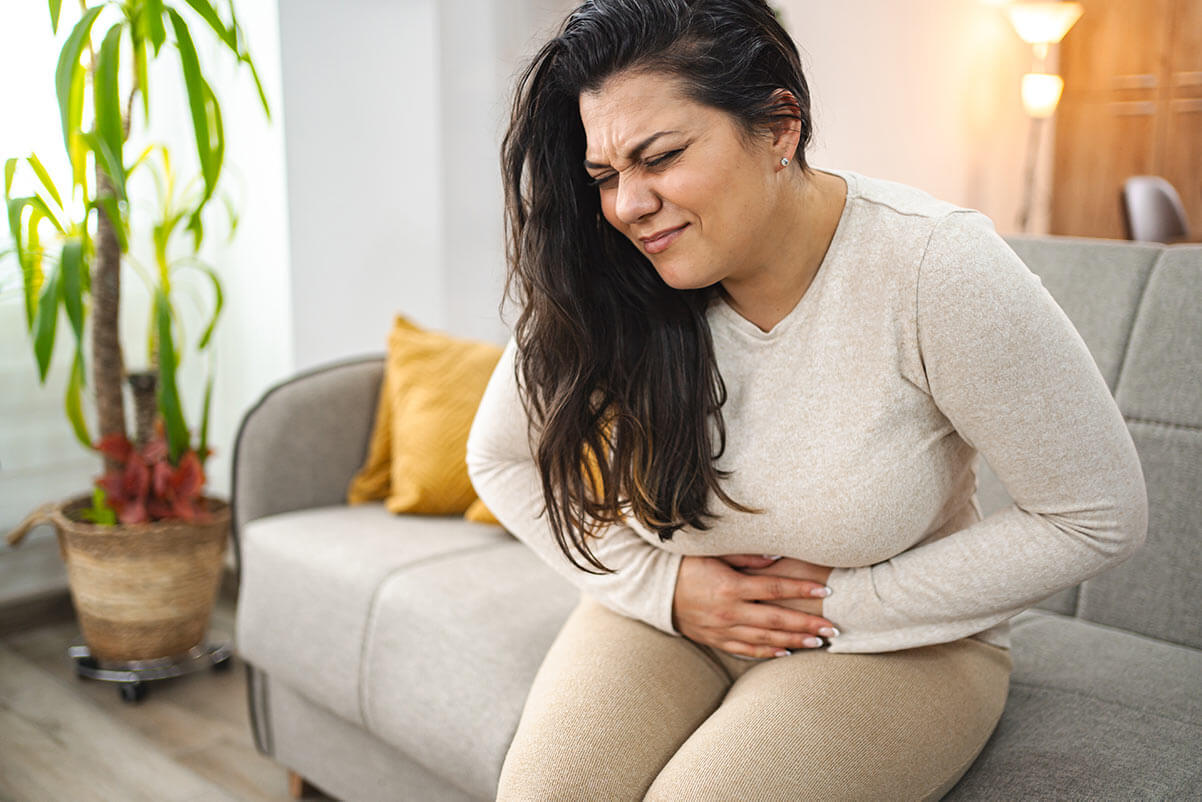
To say that we’re going through unprecedented times would be an understatement. These times are tough and trying. Whether it is adults or children, the pandemic has been the trigger for overwhelming emotions for all. Such situations lead to stress and anxiety, especially if you are lonely or isolated.
Have you been feeling sad or hopeless? Do you feel worried or uneasy? These could be signs of depression and anxiety.
The connection between anxiety and depression
Depression and anxiety are closely linked. They are like two sides of the same coin. Being depressed can make you feel anxious, and when you’re feeling anxious, you could often feel depressed.
What is depression?
Depression, also known as major depressive disorder, is a mood disorder that makes you feel constant sadness or lack of interest in life. (Bhargava, Hansa D., 2020) Feeling sad when dealing with loss or challenges in life is a normal reaction. When depression lasts for several days or weeks on end, it is a cause for concern.
Signs and symptoms of depression
Some of the physical symptoms include
- Decrease in energy, feeling sluggish or extreme fatigue
- Changes in weight or appetite
- Having difficulty in sleeping, waking up, or oversleeping
- Finding it difficult to make decisions or concentrating
Some emotional symptoms include
- Loss of interest or no longer feeling happy doing activities
- Feeling pessimistic or hopeless
- A persistent feeling of sadness or anxiety
- Feeling angry or restless
- Thoughts and attempts of suicide
What is anxiety?
One may experience a feeling of anxiety before an important event or before making a big decision. This feeling of dread may happen to anyone, and it’s not unusual.
However, when these feelings lead to thoughts and fears that interfere with your daily life, it can be chronic anxiety.
Signs and symptoms of anxiety
Physical symptoms of anxiety include
- Racing heart
- Having difficulty concentrating
- Feeling fatigued
- Having difficulty falling asleep or restlessness when sleeping
Some of the emotional symptoms of anxiety are
- Panic
- Worry
- Fear
- Restlessness
How to cope with depression and anxiety
A person’s mental health plays a massive role in the overall health and well-being of the individual. Mental health conditions like depression and anxiety can affect how people think, how they feel, and how they react to people and situations each day.
If you feel that something’s not right or behaving unlike yourself, it could be a sign to speak with a healthcare provider. It’s always better not to disregard these feelings so you can get help as early as possible.
Anxiety and depression have similar symptoms, as well as treatments. Here are some ways to deal with anxiety and depression
Accept your feelings
Fear is largely caused by your thoughts. Changing the way you think about something can help calm your fear reaction and reduce anxiety. (Laura A. Peterson, 2018)
Unless you accept and acknowledge your feelings, you will not be able to deal with anxiety or depression.
Also, remind yourself that anxiety and depression are medical conditions. It is not the result of what you did or didn’t do. It’s not your fault if you are feeling a certain way.
Create a routine
Having a routine helps you stay organized and gives you a sense of control. It enables you to structure your day so that you have time to do all that you need to do.
Stick to a sleep schedule
One of the most common reasons behind immune, nervous, and cardiovascular issues is inadequate sleep. Aim for at least seven to eight hours of sleep each night.
Eat healthily and stay active
Comfort eating means reaching out for comforting foods like pasta or sweets when you’re feeling depressed or anxious. Such foods have low nutritional value. Choose healthy foods like vegetables, fruits, whole grains, and lean meats to nourish your body and mind.
Exercise releases happy hormones and works as a mood booster to fight depression. Even walking or any form of activity helps to make you feel better.
Do things that make you happy
Spend time to focus on yourself and do things that make you happy. It could be watching a movie, reading a book, yoga, or even a salon session.
The feelings of anxiety and depression are not something that you need to live with, and they are treatable. Connecting with a family member or friend can be a great source of support in dealing with these feelings.
If the symptoms last more than two weeks, talk to your doctor to be diagnosed correctly. Your doctor will work with you to find the best and most effective options for treatment that is right for you.
Works Cited
Bhargava, Hansa D. “What Is Depression? | Understanding Sadness and Clinical Depression.” 26 Aug. 2020. Web. 15 Sept. 2020. https://www.webmd.com/depression/guide/what-is-depression#1
Laura A. Peterson, R.N. “To Manage Anxiety, Start with the Way You Think.” Mayo Clinic. Mayo Foundation for Medical Education and Research, 07 June 2018. Web. 15 Sept. 2020.https://www.mayoclinic.org/to-manage-anxiety-start-with-the-way-you-think/art-20390069
















